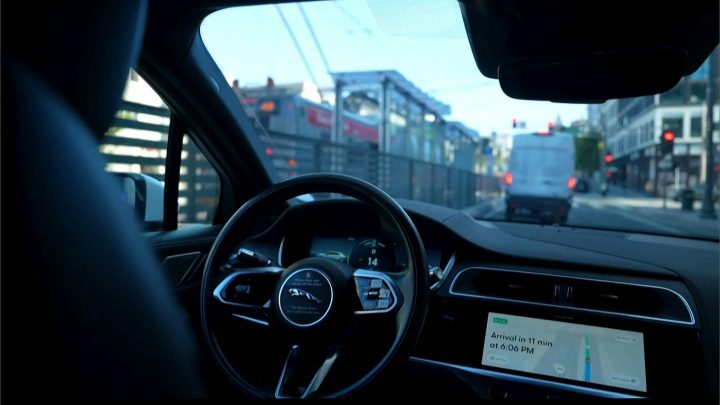
Progress toward a driverless future hits the brakes
Share Now on:
Progress toward a driverless future hits the brakes

General Motors’ driverless taxi service, Cruise, said it is pausing operations of all unsupervised vehicles around the country after they were banned from California roads this week. The state’s Department of Motor Vehicles said Cruise misrepresented safety data after an incident in which a pedestrian was severely injured.
It’s the latest development to put the brakes on an industry that had seemed to finally be gaining momentum.
This has been a big year for driverless cars — fleets of robotaxis have been operating in San Francisco, Phoenix and Austin, Texas, with pilot projects in more than a dozen other cities.
“We see lots of acceptance and lots of comfort in riding in these vehicles,” said Billy Riggs, a professor of engineering and management at the University of San Francisco.
He said autonomous vehicles could make cities more livable, equitable and safe. Cruise and its competitor Waymo say their data shows these cars perform better than human drivers.
“The particular instance that caused the setback is such an outlier,” Riggs said.
Earlier this month, a human-driven car hit a pedestrian in San Francisco. It threw her into the path of an autonomous Cruise car, which then attempted to pull over. But it dragged her almost 20 feet.
“These cars, they have no knowledge, they don’t reason,” said Missy Cummings, a professor of robotics at George Mason University. “They just do what they’re told they do, what they’re programmed.”
She said if everything goes the way the system expects, it works really well. If not?
“Indeed, this is the crux of the problem with AI,” she said.
The technologies that power driverless cars, like lidar sensors and machine learning algorithms, are quickly advancing, but it’s hard to program for all eventualities, said Gary Marcus, professor emeritus at New York University and co-author of “Rebooting AI: Building Artificial Intelligence We Can Trust.”
“There are just too many outliers, so it’s like playing a game of whack-a-mole,” he said.
He said the challenges of driverless cars could have lessons for other applications of machine learning, like chatbots.
“It all revolves ultimately around, do you really understand the world or are you just parroting circumstances you’ve seen before?” Marcus said.
He said a lot of atypical situations come up in fields where AI language models could be used, like medicine and law, where, as on city streets, the stakes are high.
There’s a lot happening in the world. Through it all, Marketplace is here for you.
You rely on Marketplace to break down the world’s events and tell you how it affects you in a fact-based, approachable way. We rely on your financial support to keep making that possible.
Your donation today powers the independent journalism that you rely on. For just $5/month, you can help sustain Marketplace so we can keep reporting on the things that matter to you.











